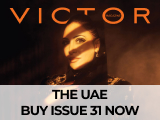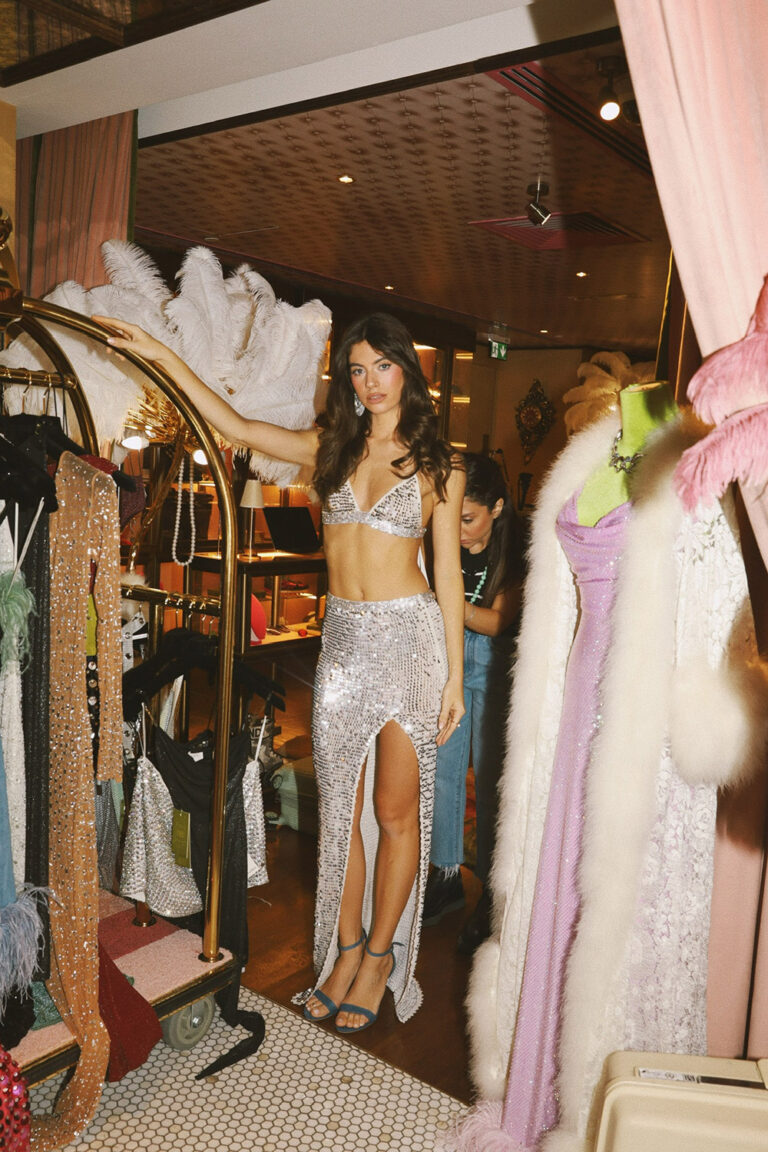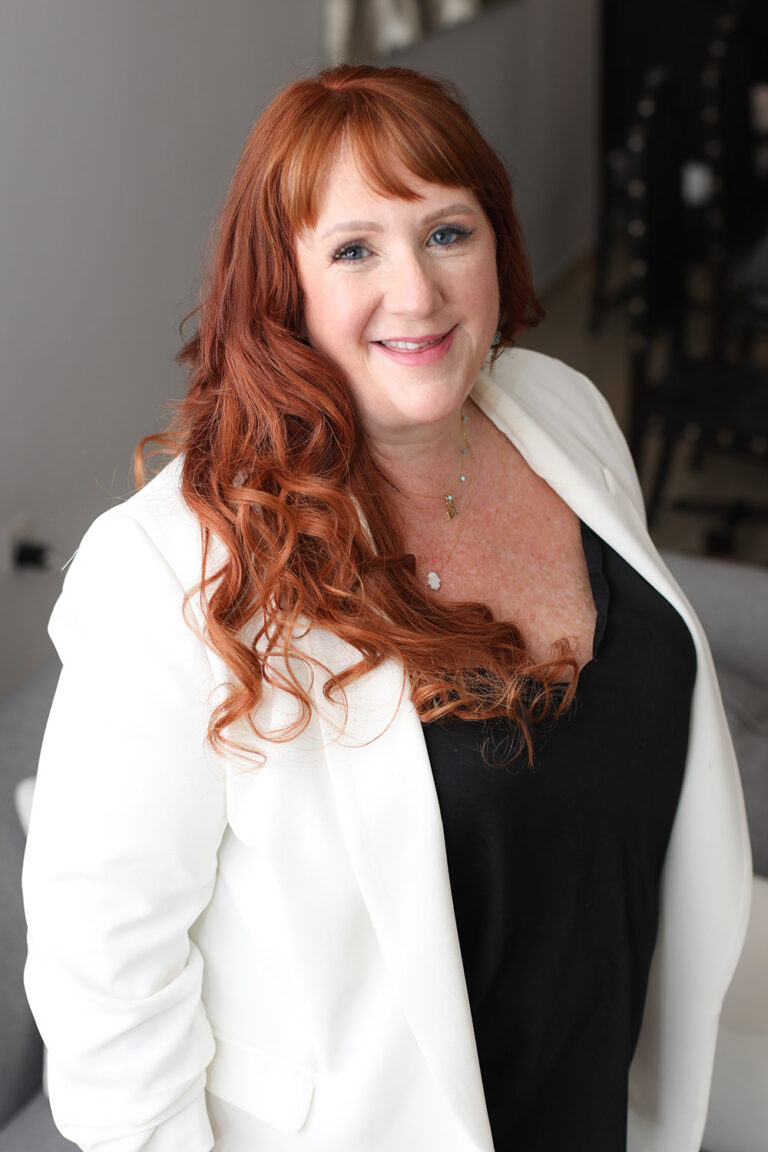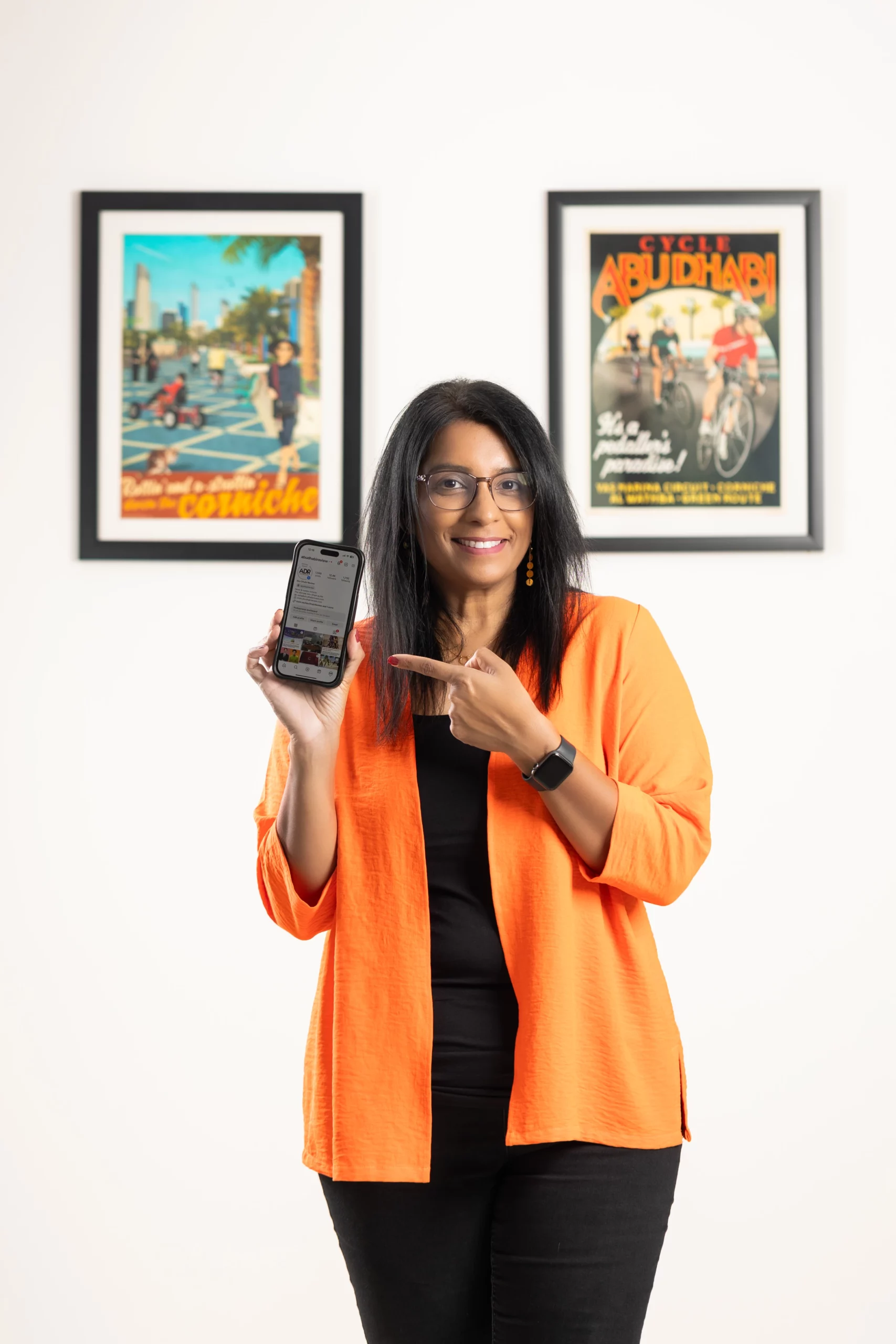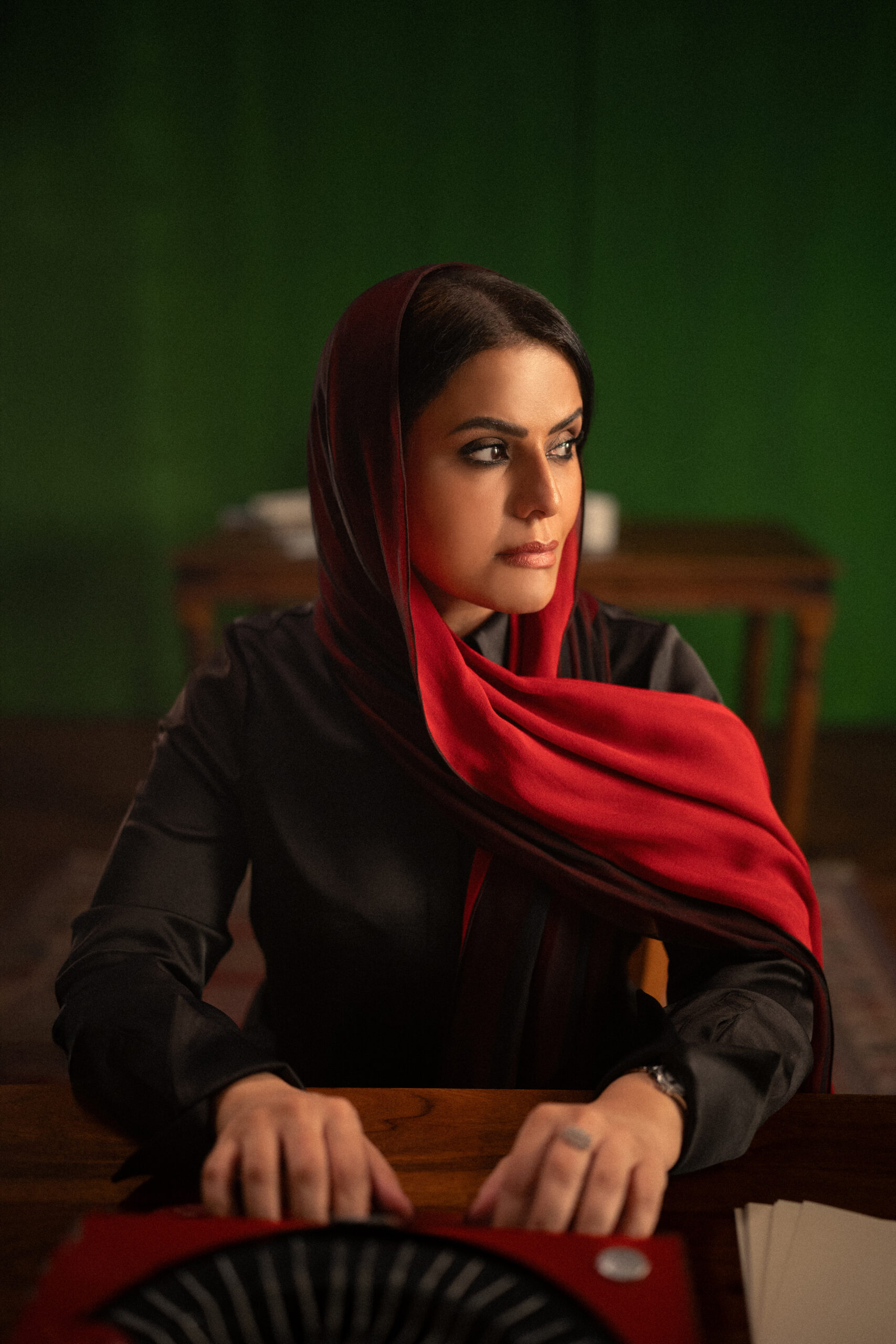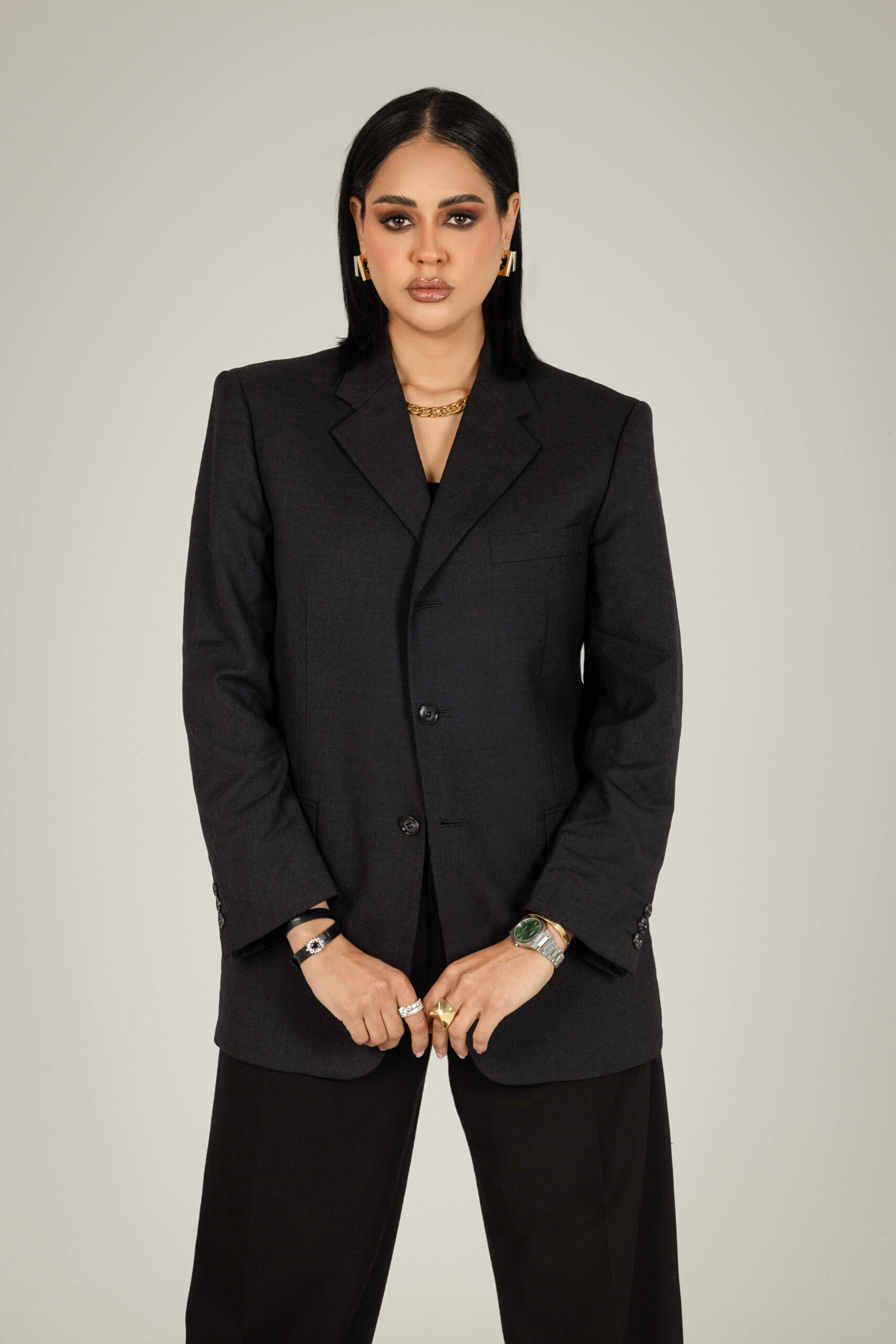
Justina Biosah: A Transcontinental Symphony of Talent Unfolds from London to Hollywood and Beyond
Gayatri Ramchandran
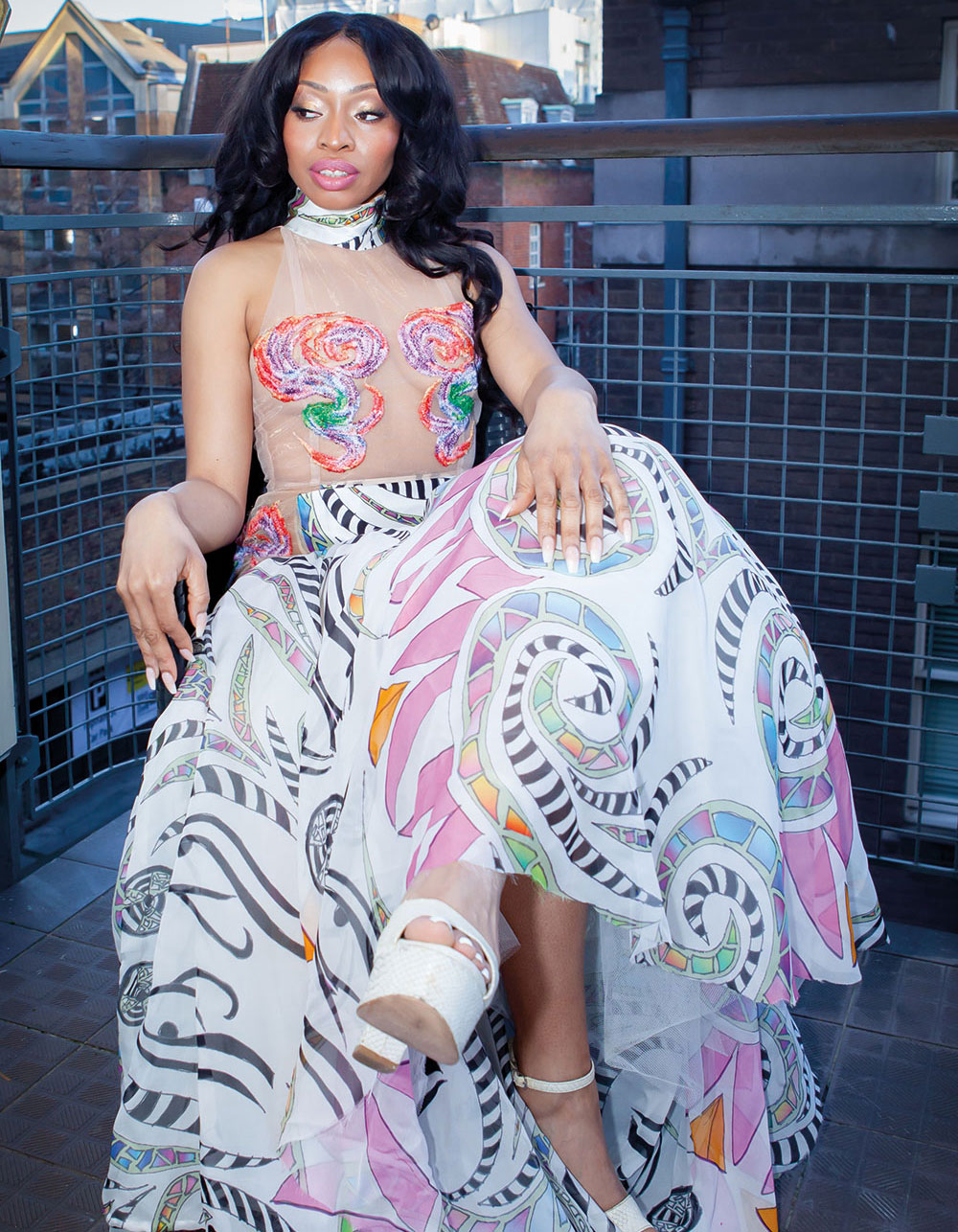
In the vibrant tapestry of modern entertainment, one name shines brightly: Justina. Born amidst the bustling streets of North London to Nigerian heritage, Justina’s journey through the realms of acting, singing, directing, and scriptwriting is nothing short of a mesmerizing odyssey.
From the tender age of 6, Justina’s heart resonated with the rhythm of performance, igniting a passion that would shape her destiny. Her ascent began on the stages of school talent shows, where her talent eclipsed all competition, securing her the coveted first place.
Guided by an unyielding determination, Justina honed her craft at the prestigious Hertford Regional Performing Arts College, sculpting her skills in acting, music, and dance. Her talents, too luminous to be contained within the confines of London, soon beckoned her to the luminous shores of Hollywood.
In the pulsating heart of LA, Justina’s star ascended with unparalleled grace. Her cinematic debut in ‘Pride and Prejudice, Cut’ heralded the dawn of a new era, earning her a nomination for Best Supporting Actress at the esteemed Lady Filmmakers Festival.
Yet, it was the captivating allure of the small screen that beckoned Justina most fervently. Cast as the lead in the tantalizing TV series ‘IVY,’ her artistry bewitched audiences, promising a performance that would etch itself into the annals of television history.
But fate, in its enigmatic wisdom, intervened. As the world grappled with the shadow of a pandemic, Justina’s journey led her back to her roots in London. Undeterred, she embraced the opportunity to illuminate the screen once more, this time under the scorching sun of Egypt’s desert sands.
In the grandeur of Dubai’s MBC production, Justina found herself cast as Fatuma, a beacon of strength and resilience amidst the tumultuous narratives of ‘Slave Market.’ Her portrayal, a testament to her artistry, resonated deeply with audiences, propelling the series to unprecedented heights of acclaim.
With the release of Season One on the illustrious Shahid streaming platform, Justina’s star blazed across the Middle Eastern sky, igniting hearts and minds with her indomitable spirit. Now, as Season Two unfolds, the world awaits with bated breath, eager to witness the next chapter of her captivating saga.
In the realm of entertainment, Justina stands as a luminary, her journey a testament to the boundless power of talent, perseverance, and the unwavering pursuit of dreams. As her story unfolds, one truth remains resolute: Justina is not merely an artist; she is a force of nature, a beacon of inspiration for generations to come.
1.Your journey from school talent shows to the global stage is awe-inspiring. In your growth as an actress, can you pinpoint a specific role or project that challenged you to stretch your acting abilities in ways you hadn’t imagined?
Justina: Thank you. Starting off in talent shows really built my confidence, everything was live. I had never acted on camera before, so I definitely think the first time I had to film on camera really stretched my ability. A lot of people think theatre and film are the same, but they are completely different. On stage you have to be over the top and over dramatic, you might be performing in front of thousands and they need to feel your energy on stage. In film and TV everything is pulled back, you have to be able to convey an emotion through your eyes so that the audience behind the screen knows what you are feeling. My first project on film was a short film called ‘The Closet’, it taught me about on screen presence that I never knew about, it taught me about angles and facial expressions and then with each role you keep learning new things. I believe an actor’s work is never done. You’re always learning and should always be teachable and ready to learn.
2.Playing the role of Fatuma in ‘Slave Market’ requires a deep emotional connection to the character. How do you approach emotionally demanding scenes, and what techniques or experiences have you found most helpful in bringing authenticity to your performances?
Justina: Fatuma has definitely been my most challenging character to date. Being of African decent, the history of slavery is something we knew about, i of course never experienced it and as far as i know i do not have any relatives who were slaves, but as a black women Its something that has always been close to my heart. In order to portray this character well i went back and rewatched slave movies to feel the raw emotions. I watched movies that were based off real life stories, like ‘12 years of slave’, ‘Harriet Tubman’ and ‘Selma’. This helped in capturing the hurt that these people went through. Fatuma goes through a lot in ‘Slave Market’ but she’s also a fighter and the leader of the African women, so i also watched movies like ‘Django Unchained’ and ‘The Woman King’ to get that fighting spirit to bring to the character. I think in order to produce such depth in a character you must put some history in there. Once you have an idea of who a character is, you can execute it correctly.
3.Dabbling in musical theatre and earning a national diploma in acting, music, and dance, you possess a diverse skill set. How do you incorporate your musical talents into your acting, and are there roles where you find the two realms intersecting in unexpected and exciting ways?
Justina: I recently went down the music road. I released my debut single ‘Roar’ in 2022 and have been working on my debut album which will be released in 2024. I think music and acting have both been something I have been so passionate about. I have done a lot more with my acting but it
has really helped me with my music. After my song was released, I was able to create the concept for my music video and I used my acting skills to bring my music video to life. I was even able to edit my own music video because of years of editing acting auditions. I haven’t yet booked an acting role where the character needs to know how to sing, but I look forward to a role like that in the future.
4.Returning to London after the pause in ‘IVY’ led to your role in MBC’s ‘Slave Market.’ How did the break and the subsequent change in projects impact your approach to acting, and what did you learn about yourself as an artist during that transition?
Justina: The pandemic was definitely annoying, especially when you had a project to film. I think I always have an approach of just going with the flow, whatever will be, will be. I decided not to stress about it, I know one day we will finish ‘IVY’ and the world will get to see it. ‘Slave Market’ came as a complete surprise. One minute we were in talks with casting, the next minute I was on my way to Egypt to film, but that’s show business. You don’t really have the time to process your
last project because before you know it, if you’re lucky you’re preparing for the next one. I was definitely lucky to book ‘Slave Market’ ; it was my first TV project after the pandemic. I had only booked commercials and campaigns since coming out of lockdown, so I was so happy to get a role that was challenging.
5.In addition to your success on screen, you’ve demonstrated prowess in directing and scriptwriting. How do these behind-the-scenes roles influence your approach to acting, and do you find that your work in one area informs and enhances your skills in another?
Justina:I have been writing since I was 12, I love it so much, I love telling stories and creating ideas. I first started writing films, then I started writing scripts. I took this further in 2020 (during lockdown) and started my production company, ‘Justina Productions’. Acting and writing for me go hand in hand. When I write, I use my skills as an actor to imagine what the scenes would look like. This helps me visually and brings out my creative juices. When I wrote and directed my first short film, ‘Living With Sickle Cell’, I got to see the many different roles in productions. I was involved in the casting process, so I also got to watch other actors audition. I saw things I liked and I saw things I didn’t like and this made me think about how I audition in front of casting directors. It made me realise that sometimes you can have an audition that went well but you didn’t get the role, it wasn’t because you weren’t good, it’s because the casting director has a specific requirement, whether it’s a look or mannerisms or height and size. As i casted for my short film, I realised I knew what I was looking for before I saw the actors and that helped with my choice. I really learned how to appreciate the other side of things. I was also able to physically show the actors what i wanted because i was an actor, i could get up and act it out, most directors don’t know how to act so they explain with words only. That definitely helped enhance my directing.
I have loved most of my roles, I think Fatuma has gotten the biggest reaction as it’s such a different role for me. Everything is stripped back, the hair, no makeup or nails, it’s raw and real. It’s also the first project I did where I had to have an African accent, which I was so worried about as it was a South African accent which is very hard to do, but I got great feedback which boosted my confidence as an actor.
6.The Lady Filmmakers Festival nomination speaks volumes about your acting abilities. Can you share a specific aspect of your craft that you feel sets you apart as an actress, and how do you continue to refine and evolve your skills in a constantly changing industry?
Justina:I was so delighted when I was nominated for best supporting actress, I mean it was my first feature film. I had only done short films by the time I landed ‘Pride and Prejudice, Cut’. I feel like I was born to this, I truly believe the talent that we have is God given. Pride and prejudice, Cut came at a time when I was having a little bit of doubt. Like I said, at this time I had only booked two short films and I was wondering when I was going to catch a break. I was praying and praying and thinking God had forgotten about me, but now looking back, that season was about growing my skills. During that slow season, I started writing my first feature film script and when I finished it I landed the role in the movie. It was like I was supposed to finish this script in order to land this part. And then having the nomination just answered my question, that I am supposed to be in the entertainment industry. That made me feel set apart. I realised, I’m not just an actress, I’m also a writer, director and musician and all these things have to align to make my story. In terms of evolving I think that is part of being creative. I am not the same actress as i was in ‘Pride and Prejudice, Cut’ compared to the actress i am in ‘Slave Market’, i am better now, i learn my scripts faster, i take direction better. Like i said before, you have to be teachable
as an actor. Things are always going to change that life, but we must be willing to grow in order to have growth.
7.As ‘Slave Market’ explores historical narratives, how do you balance the responsibility of accurately representing the past while infusing your own artistic interpretation into the character of Fatuma? Are there specific challenges or triumphs in navigating this delicate balance?
Justina: Great question. You know, while we were about to start filming the show, I remember a couple of us actors were wondering what African accent to portray and most wanted an African accent which I was very happy about because my parents are Nigerian and I was ready to imitate they’re accent. But I remember one of the director’s translators told us to do an African accent which didn’t really resonate well with us. As actors if we are portraying people from the same village the accent should be the same for authenticity. Eventually the director picked the South African accent and we all had to have lessons with a vocal coach. There is also a part in the show where we have to sing a South African song, it was very very important for us actors to get the words right as we wanted to portray this as authentic as possible. I would hate to have a South African person watch the show and be upset that we messed up lyrics. Playing a slave in a Middle Eastern production definitely had its challenges. Being black I had to explain why certain hairstyles would or wouldn’t work, but that’s what i love about working with diverse people, everyone can teach and learn something from someone else.
8.Acting in diverse genres, from musical theatre to historical dramas, showcases your versatility. How do you approach adapting your acting style to different genres, and are there particular genres you are drawn to for future exploration?
Justina: My approach to a new character, or genre is leaving the old character behind, even leaving Justina behind. In order to really get into a new character I have to focus on her, what she’s like, how she responds and what her character traits are. I love so many types of genres, so far I have been in a romcom, action, drama and horror. I like them all, I also like movies and TV shows that have adventures like, ‘Lord of the Rings’. I would definitely love to star in a project like that for my next role. But honestly I just love the craft, so any role I get is always a blessing.
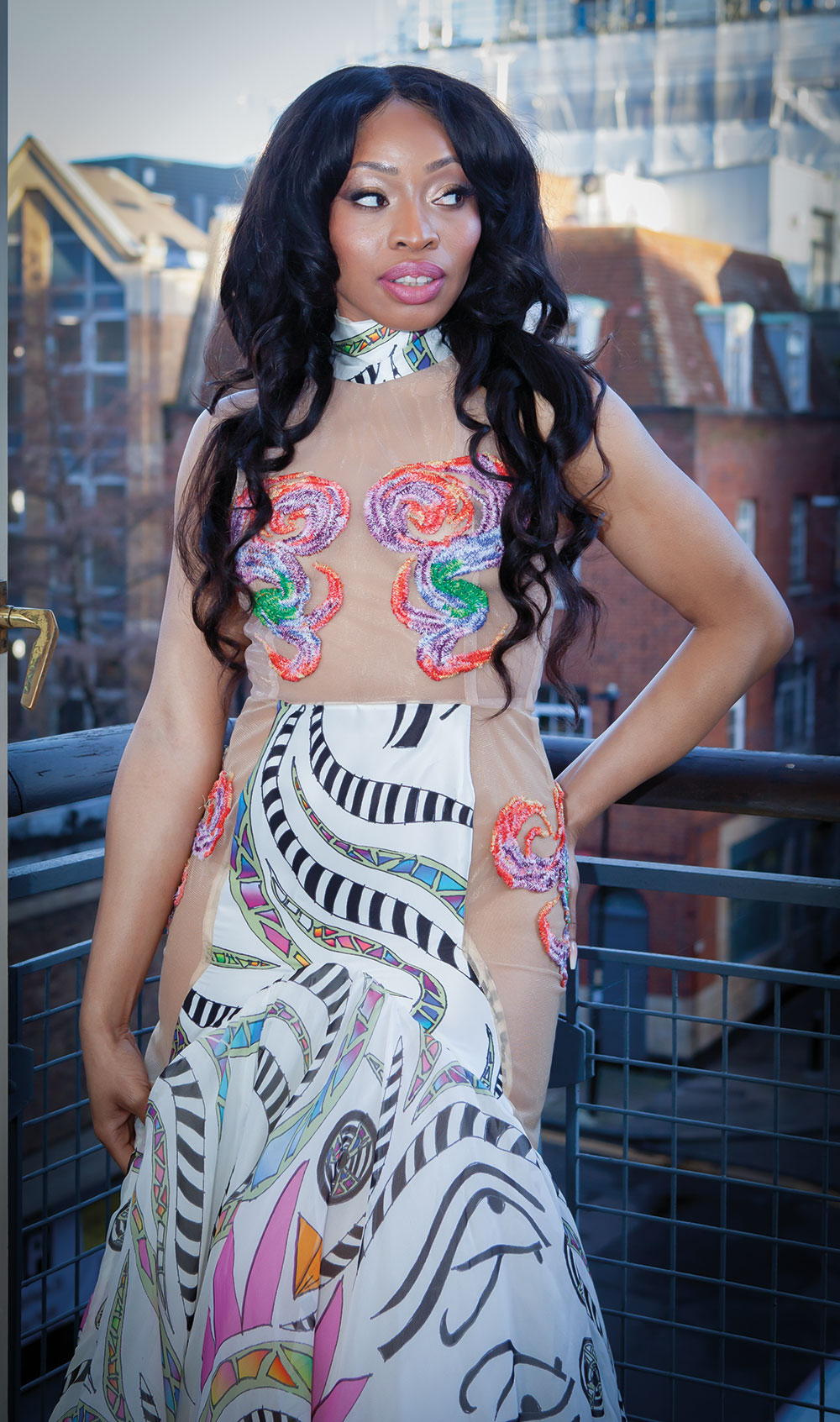
By Author

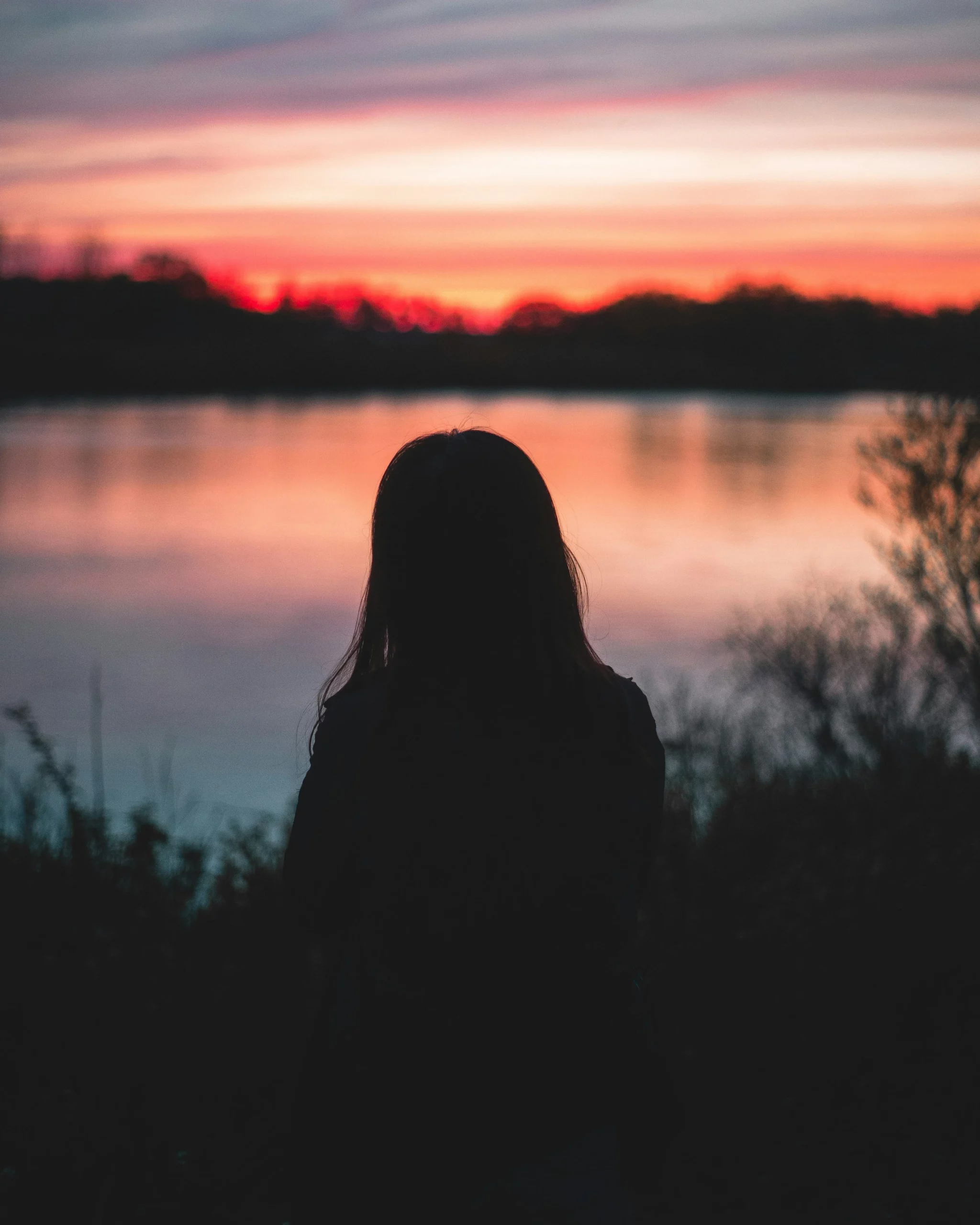
Stop Blaming. Enough Is Enough: Words @ 3AM By Gayatri.R
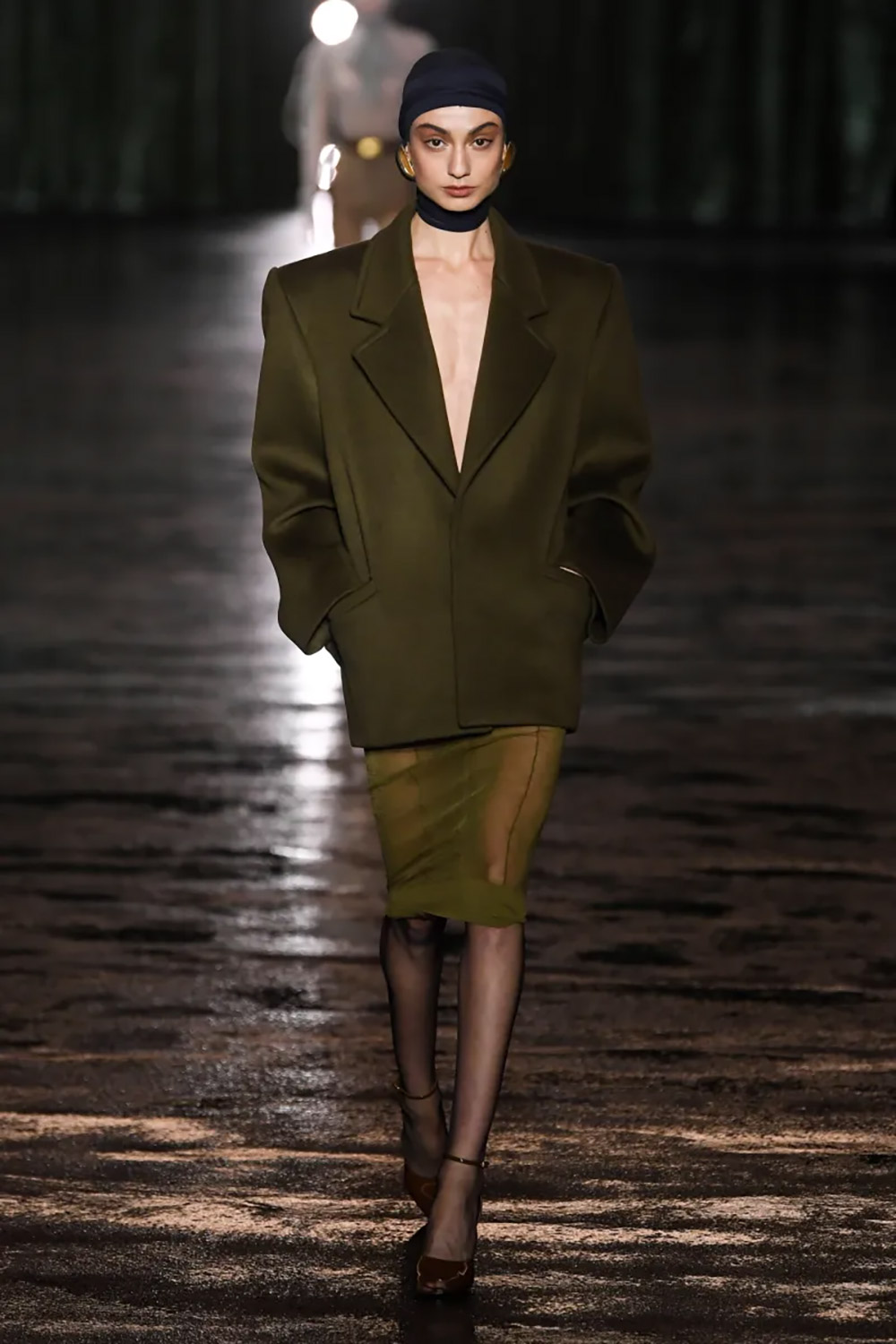
SAINT LAURENT’S WOMEN’S FALL 24 COLLECTION – An Epoch of Contemporary Cool & Sophisticated Edge By Gayatri.R
no related post found
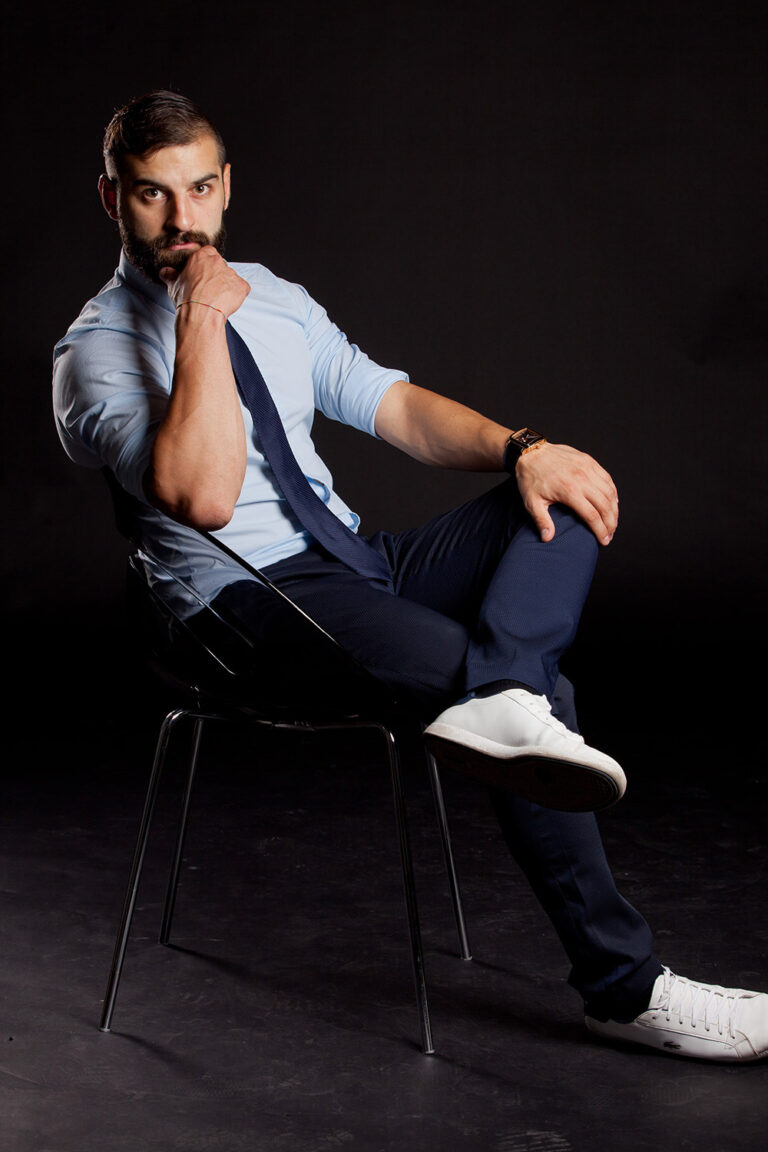
MESMERIZE: Where Artistry and Innovation Unite in a Ballet of Elegance
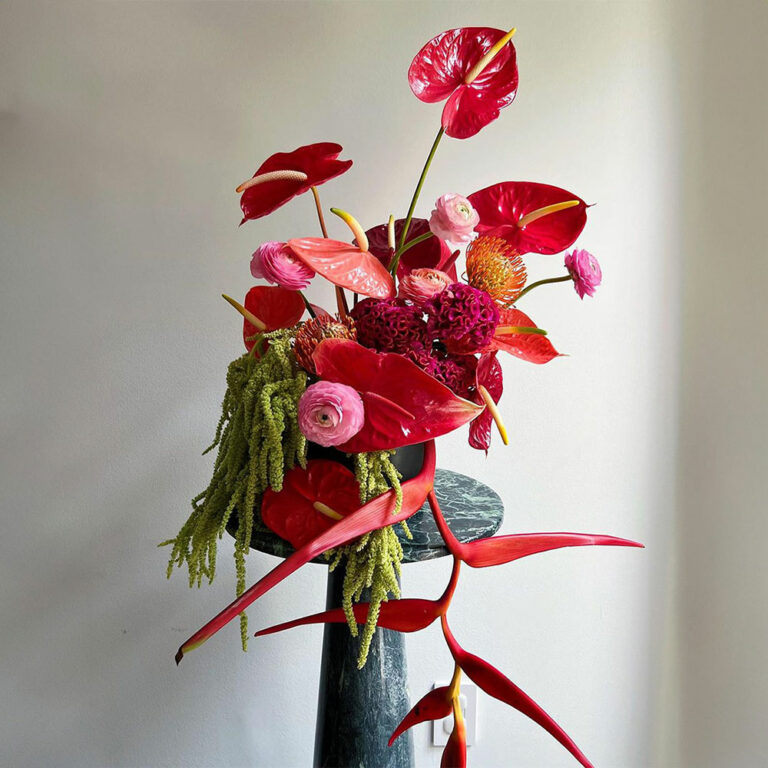
“Flowers are our favorite F word!”

Indulging in Love and Flavor at Playa: A Valentine’s Day Delight
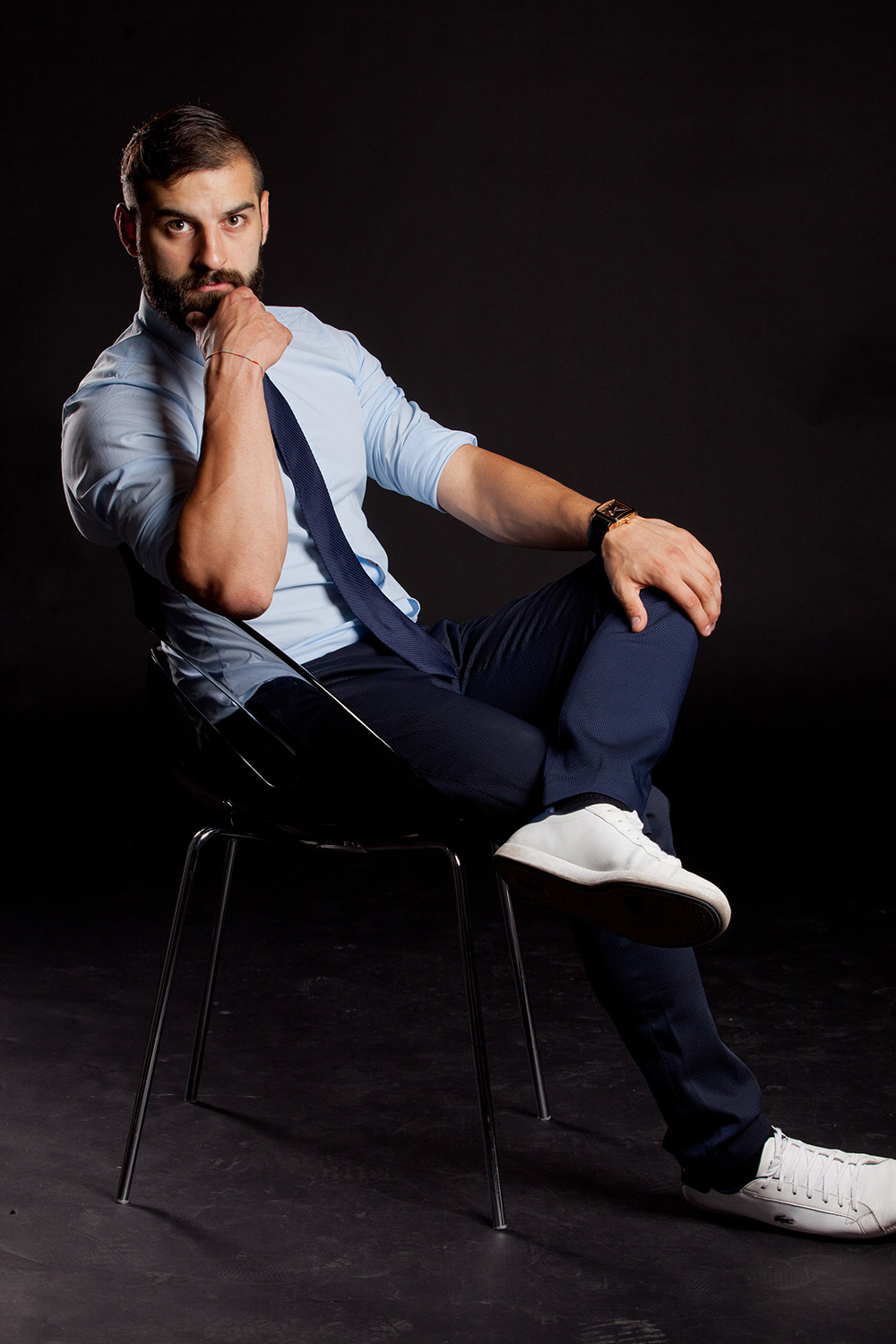
MESMERIZE: Where Artistry and Innovation Unite in a Ballet of Elegance
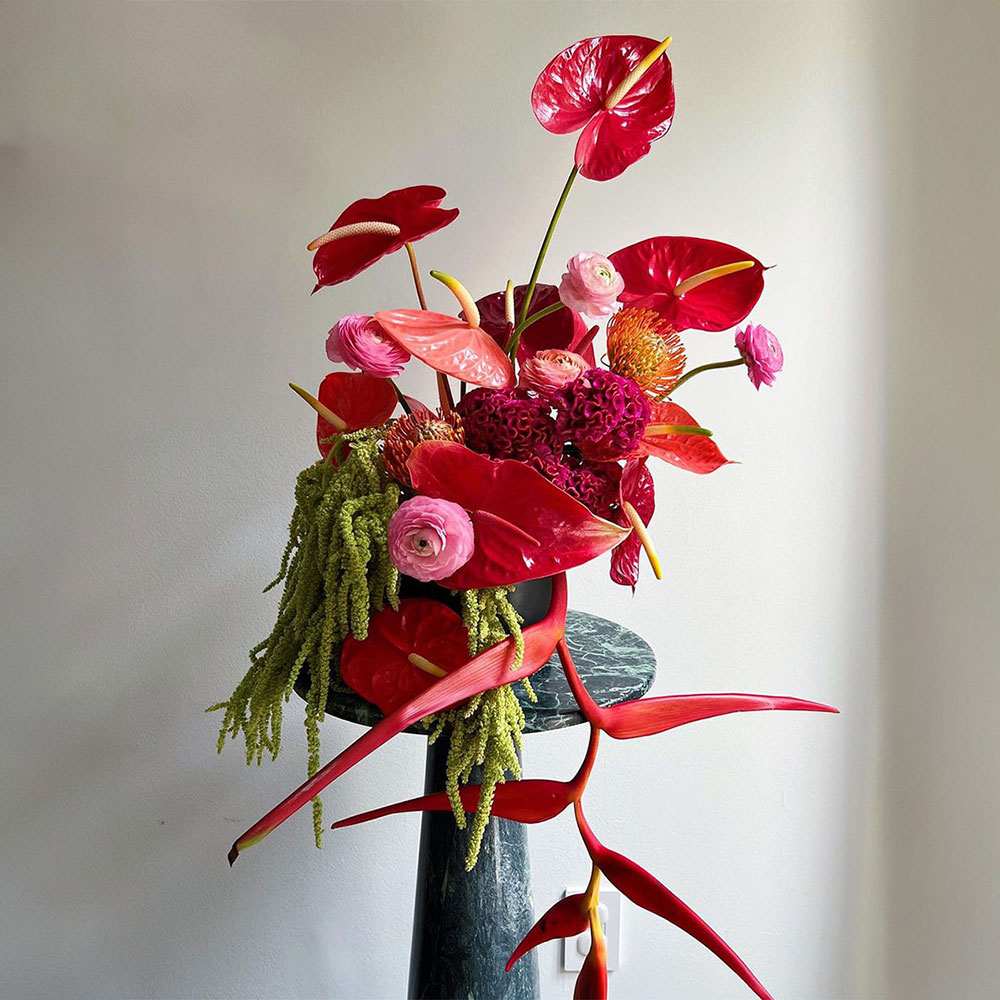
“Flowers are our favorite F word!”

Indulging in Love and Flavor at Playa: A Valentine’s Day Delight

